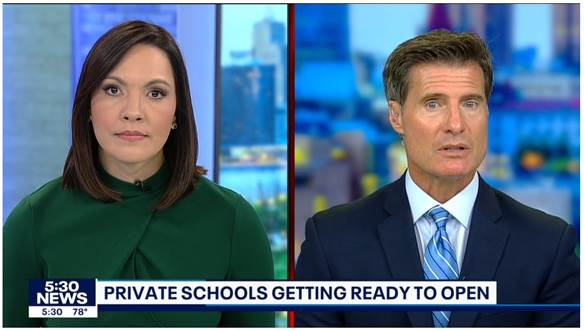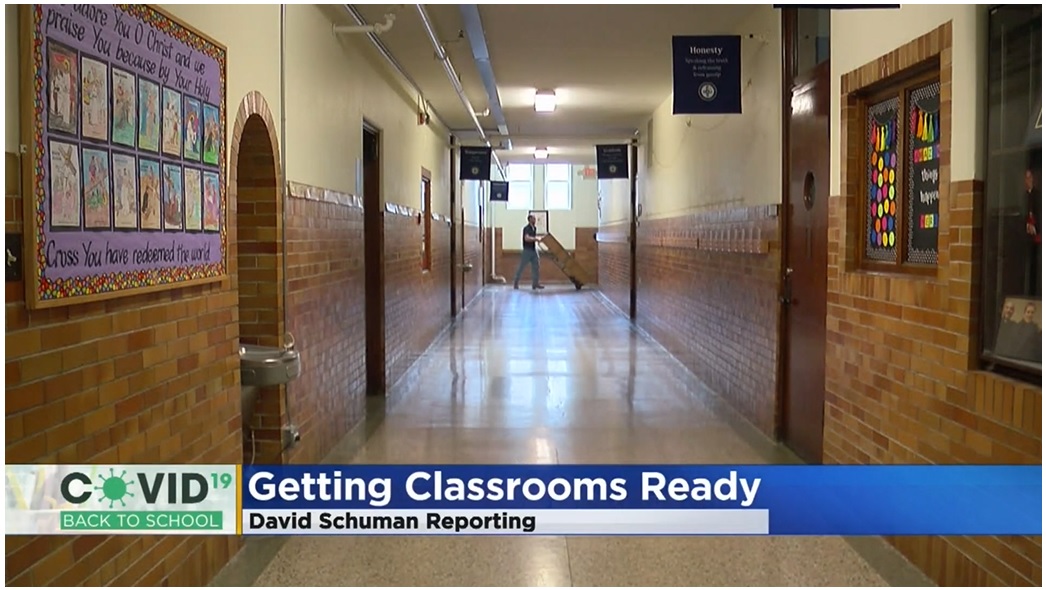Have you ever looked around at the education landscape, realizing that something is wrong, but unable to put your finger on the root problem?
You’re likely not alone if you’ve ever done so. In fact, I would wager that if you’ve had such a thought cross your mind, you’re in the select category of those who still possess common sense.
Twentieth-century author Dorothy Sayers–a contemporary and friend of C.S. Lewis and J. R. R. Tolkien–expressed similar thoughts. She posed these thoughts through a variety of questions in an essay entitled “The Lost Tools of Learning.” Here are just a few of those questions posed in a streamlined, paraphrased manner:
- Why are people so susceptible to propaganda and advertising in a world that has historically high levels of literacy?
- Why do students have such difficulty distinguishing fact from opinion?
- Why is it that debaters cannot argue properly or refute the arguments of their opponents?
- Why is it that graduates seem to so quickly forget what they learned in school?
- Why is it that so many meetings lack leadership or relevance in the material they discuss?
Although Sayers wrote these words roughly 75 years ago, they sound like ones that many of us could easily utter today. She had an answer for them, too, tracing everything back to education.
“Is it not the great defect of our education to-day (—a defect traceable through all the disquieting symptoms of trouble that I have mentioned—) that although we often succeed in teaching our pupils ‘subjects,’ we fail lamentably on the whole in teaching them how to think?” she asked rather rhetorically.
“For the sole true end of education is simply this: to teach men how to learn for themselves; and whatever instruction fails to do this is effort spent in vain,” Sayers concluded.
It’s a great diagnostic question, and one we would do well to ask as we examine our own students, teachers, schools, and educational institutions. Are they simply teaching and/or learning fluff … or are students truly learning to think, weigh evidence, and make wise decisions?
The answer one finds to that question tells a lot about a school, its students, faculty, and supporters.
—
Image Credit: PxHere











![[downloaded during free trial]](https://oakmn.org/wp-content/uploads/2025/11/iStock-1430368205-120x86.jpg)

